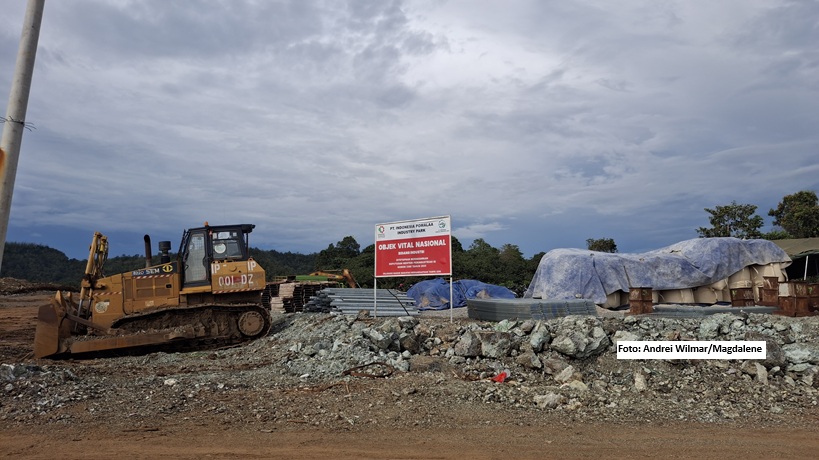How Inequality Can Come Between Your Hard Work and Ambition

Here’s the bitter truth about not being born with a silver spoon in your mouth: hard work can only take you so far. If you grew up in a middle-lower income family or a working class environment, a family member or a friend must have said this to you at least once before: success is not given, it is earned.
A few years back, when I mustered up the courage to move out of my parents’ house at 17 and purchased a one-way ticket to Yogyakarta to pursue my degree, I found myself holding on to these words tightly. They were my mantra, the fuel of my passion that I tucked neatly in the back of my mind.
And for a while the mantra worked. My current school is dubbed the most prestigious in the country. While in high school, I had stayed up many nights thinking this is where I wanted to be. I had pondered over the chances, too, acknowledging the tens of thousands of other hopeful souls out there, anxious that I was not doing enough to compete. To me, this was the definition of success – winding up here meant I have gained myself a toehold in life and that I am equal to my peers. We all have the same opportunity to eventually succeed.
I began to rigorously associate myself with people who came from backgrounds strikingly opposite to mine: he is the son of a partner at a top-tier law firm, she is royalty, his parents are self-made millionaires. I thought that maybe by diving into this social circle I would close the lingering gap between me and them, and rise above it. I was, and still am, a competitive individual. I invest my time and energy in my studies and in polishing my résumé, making sure that no one would measure my qualities against my socioeconomic status.
For years I have mapped out my plans for the future and maintained good work ethic, only to realize that more often than not, another component is required: access. Like anyone else, I have a set of aspirations I want to achieve upon graduation. For some, this means following the appropriate channels to take them there. But for me, the main concern is the accessibility of those channels in the first place. As much as they shine on one’s résumé, summer schools, double degrees, and unpaid internships are also my main sources of financial discomfort.
There are a handful of past incidents that attest to this reality.
“The department’s looking for a research assistant and I recommended you,” a senior once told me over the phone, “would you take up the position?”
“I have come to recognize that many people in my position are constantly pressured to give up some aspects of our ambition and watch our privileged counterparts outdistance us, simply because they have adequate access to the necessary resources.”
I immediately thought of my limited means of transportation and asked if the job involved a lot of work-related travels. He confirmed. I ended up accepting his offer regardless, remaining optimistic that I would hold up. After some time, it became obvious that I was not able to catch up with the demand.
The same applies to any other extra-academic activities I’m interested in. How much is the registration fee? Will the expenses be reimbursed? Is financial aid an option? These questions may seem trivial or at all normal at face value, but they have fundamentally compromised my outlook on success. I have come to recognize that many people in my position are constantly pressured to give up some aspects of our ambition and watch our privileged counterparts outdistance us, simply because they have adequate access to the necessary resources.
It is an unfortunate fact that our society does not project much awareness on how one’s performance or likelihood to succeed is largely influenced by their social and economic well-being, leading many youths to learn about it the hard way in most cases. Certainly, there should be an acknowledgement of how this could distort their motivation to move forward, or worse, efface it altogether. That, or it may very well desensitize them to the inevitable disappointment of being deprived of opportunities.
Raising awareness may relieve us of the false belief that inequality is easily overcome by hard work and drive, when it is almost always the other way around.
In any case, I want to end this commentary on a hopeful note. Success is partly given after all, but wealth is not the only factor it hinges on. Make peace with it. Hold on to it.
Felicity Salina is on her way to earn a bachelor’s degree in International Law from Universitas Gadjah Mada. After years of working on hypothetical legal briefs in her natural habitat, she has decided to take on the challenge of writing bite-sized, lighter essays to fill her spare time. Find her on Facebook.






















